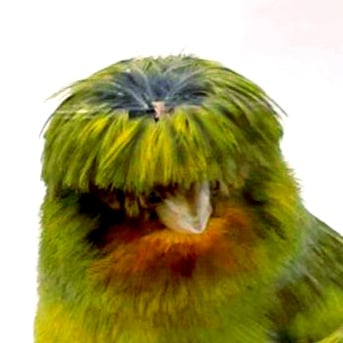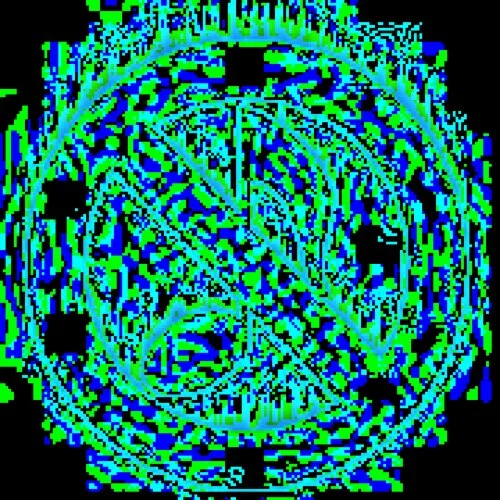they do if u kiss me
They do if you kiss yourself in the mirror, but only on the lips
You can only kiss your lips in the mirror
Wise man once said.
Another thought to disturb restful slumber, especially if you are vain: in a mirror you can kiss yourself only on the lips.
Geez, how many accounts does Neil have here…
Not enough, Lemmy is embarrassingly credulous at times.
!remindme sixty years when i confirm
We do miss that bot here.
there was this one but it had to be whitelisted and i didnt want to spam so i just faked it :)
Egy, kettő, három
3 in hungarian
ce, ome, yei, nahui (Nahuatl)
I guess you win
Maybe, but how long do you have to count for your eyelids to touch?
Four, five, …

F is still not lip-to-lip, because air is leaking out your mouth between teeth and lip.
M, all the air comes out your nose, mouth is closed.
N, it’s your tongue stopping the air and sending it through your nose, lips are open.
Unless I do it in my native language, Finnish. Then I’ll only get to three.
Norwegians are supreme in the Nordics. We can count to five.
Three, two, one, zero, minus one.
En, to, tre, fire, fem.
1000000 / 5 = 200000
Here’s the proof that Danish is 200.000 times better than English.
As long as you have that ridiculous “to og en halvfjers” counting system, you do not have a superior system 😉
Haha! Yeah truth be told, our number system is completely stupid 😂
Besides the number system you got most things under control in Denmark.
You also have one of the greatest shows, Klovn 😂
Well thank you! Although I find Klovn to be too cringe for me, I do agree on the other statement, I feel incredibly lucky to be born here, where even born into unfortunate circumstances, it’s still possible to get a successful life.
I have watched every episode, it’s hilarious. Episodes ranging from them trying “the godfather of drugs” (heroin), to him stealing a wheelchair. I guess it might be too much for some people though, my wife can not watch it for similar reasons.
I feel the same way about being born in Norway. I come from unfortunate circumstances as you call it, and I am doing well. This is thanks to the extensive free education that I have gotten.
Speaking as a fellow Dane, I reject your “touch lips quickly while counting” criteria for language quality, especially since English is much more versatile and universally useful for communication and thus better 😁
In romanian, it ends at 4. Romanian is 25% better than dutch and 250000 times better than english
250000 times better than english
That’s a very low bar tho
1 more and you learn why Swedish is superior.
One more and Germans get in on the action. And they get to say sechs (sex) right before.
7 sieben, Bruder
5 fimm, bróðir
forget what number you’re on and say, “um”.
and how high did OP have to count before he touched somebody else’s lips the first time?
Un, dau, tri, pedwar. Nope, they touch at what you call four.
Just counted out loud, one…lips touched.
That’s what I thought too, but if you google it, w sound is classified as “open mouth” sound by the experts. To me it feels like lips vibrating as sound and breath come through (lips open/close/open as they vibrate).
screw googling. try saying it yourself without touching lips.
it comes out as “oen”.
I guess we’re all different, my lips definitely touched when saying one. There’s got to be an outlier for everything I guess.
“Open sounds” (which, I assume, refers to continuants) and bilabial sounds aren’t mutually exclusive.
When you pronounce the /w/ at the beginning of “one”, your lips round (purse) and touch each other at the corners, but they don’t form a full closure. So, the oral tract is still open, but the articulators (moving mouth parts) are still touching.
This could be reworded as “the middle of your lips don’t touch each other”, but multiple commenters are correct in that your lips absolutely do touch each other when you say “one” in English.
一 二 三 四 五 六 七 八
8 “ba”
是的,我是美国人。我的文法很不好。
Found the american.
I only have to count to 5
same, but it’s pet (five)
fem?
Ja
Don’t laugh at him it’s not nice.
It applies to any English-speaking country, which makes sense since it’s written in English.
This is my favourite shower thought post so far.














